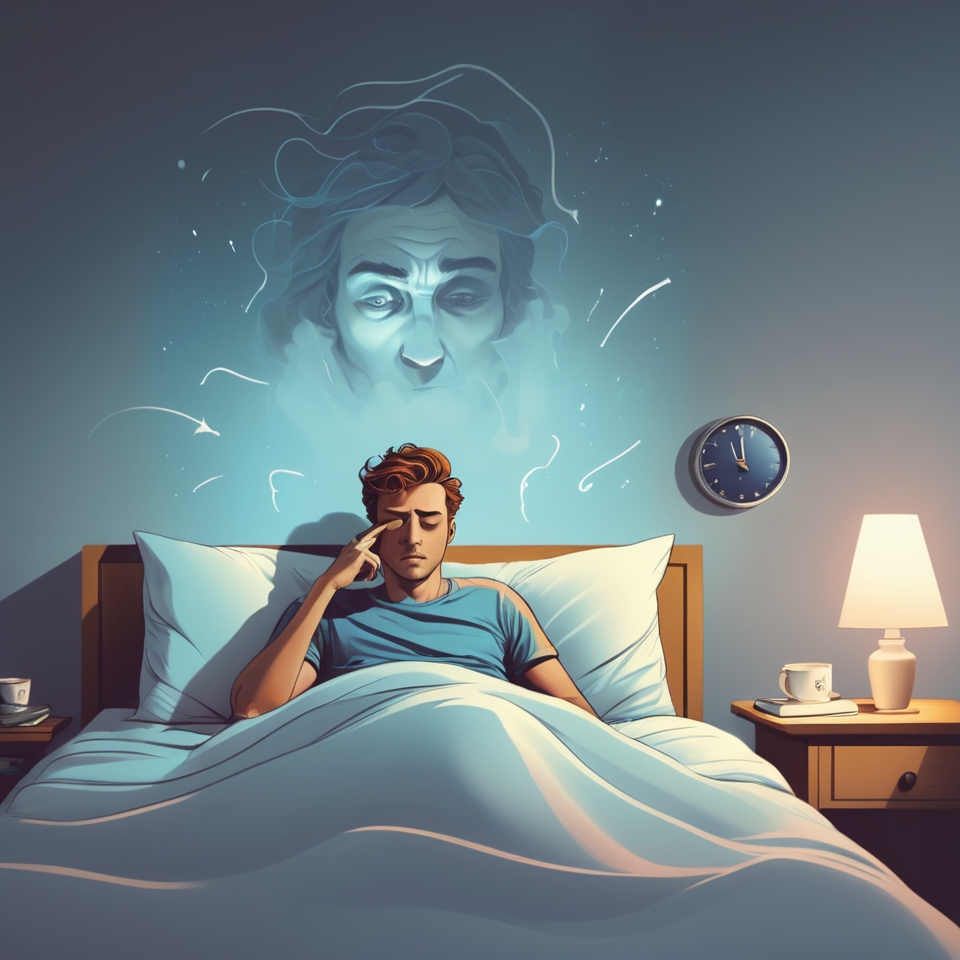Breaking the Silence:
Mental Health Awareness is still very topical right now, yet many UK men still feel they must “man up” rather than speak up.
That silence comes at a cost: around 1 in 8 men in England lives with a common mental disorder at any one timeand almost three-quarters of all suicides are male.
This post asks the big question, “What happens when men suppress their emotions?”, and explores why men block their emotions in the first place, how that habit fuels hidden epidemics like burnout and loneliness, and how evidence-based support such as Cognitive Behavioural Therapy (CBT) can help.
1. Emotional Suppression
A Learned Survival Skill That Backfires
Many men learn early that tears equal weakness and vulnerability invites ridicule. The result is emotional suppression, pushing feelings down or masking them with anger, humour or silence. Surveys show 77 % of UK men have experienced symptoms of anxiety, stress or depression, yet 40 % have never told anyone, “I’ll deal with it myself” Sounds stoic; in reality, it breeds isolation, stress and ill-health.
Toxic Masculinity 2.0
Social media debates about “toxic masculinity” highlight how outdated gender norms harm men too. When society applauds the stiff upper lip, men often condemn themselves for feeling afraid, sad or overwhelmed. That internal self-critique is a hidden form of self-stigma.
2. Why Do Men Block Their Emotions?
“Why do men block their emotions?” The reasons cluster into four overlapping pressures:
How does it show up
“Boys don’t cry”, “Grow a pair”. Emotional language is never modelled at school or at home.
29 % of men feel “too embarrassed” to speak; 20 % see a “negative.
36 % of silent men don’t want to “be a burden”.
Male peer groups may lack depth; workplaces reward stoicism; GPs feel “last resort”.
Add to that the modern loneliness epidemic, about 1 in 13 UK adults says they feel lonely “often or always”, and the emotional bottleneck tightens.
3. The Health Cost: What Happens When Men Suppress Their Emotions?
Mental-health spiral
Long-term suppression keeps the body’s stress response switched on. Elevated cortisol links to insomnia, headaches and weakened immunity. Men who routinely suppress emotions report higher depressive symptoms and greater anxiety in longitudinal studies.

Anger & risky coping
Because “soft” feelings feel unsafe, they morph into “hard” ones, irritability, aggression, and substance misuse. Heavy drinking remains almost three times more common in UK men than women, a classic numb-out strategy (Health Survey England 2023).
Burnout & presenteeism
Nine-in-ten UK adults 91 % felt high or extreme stress last year. Men often stay at work even when mentally exhausted; estimates suggest around 191 000 men each year report work-related stress, depression or anxiety. Chronic overdrive depletes energy, creativity and immune health.
Loneliness feedback loop
Suppressing vulnerability shrinks support networks. Men aged 30-49 report higher loneliness than older groups, yet are least likely to admit it.
Lesser-known fact: Postnatal depression isn’t just for mums
Up to 10 % of new fathers experience postnatal depression or anxiety, challenging the myth that hormonal mood shifts are exclusive to women.
Relationship strain
Partners may perceive the shut-down man as distant or cold, triggering conflict or withdrawal. Less emotional vocabulary = less connection
4. Two Silent Crises: Burnout & Male Loneliness
- Burnout Work stress + financial pressure + “don’t complain” culture = chronic exhaustion. Younger workers feel it most, but men in their 40s and 50s often mask it behind longer hours and weekend overworking.
- Many men rely on a partner for emotional support. A breakup, relocation or bereavement can suddenly “pull the plug”, leaving them without a confidant. Despite the stereotype that men are aloof, loneliness carries the same cardiovascular risk as smoking 15 cigarettes a day (Meta-analysis, Holt-Lunstad 2015).
Bottom line: untreated stress + isolation raise the risk of depression, substance misuse and ultimately suicide
5. From Bottled-Up to Open-Up: CBT as a Practical Route Forward
Cognitive Behavioural Therapy (CBT) is a skills-based, time-limited approach proven effective for depression, anxiety, anger and stress. Here’s why it resonates with men:
Action-oriented
- Offers concrete techniques (thought records, graded exposure) rather than endless rumination.
Evidence-driven
- Appeals to logical problem-solvers: change thoughts ➜ change feelings ➜ change behaviour.
Structured & time-bound
- Goal-setting feels productive; sessions have a clear roadmap.
Confidential safe space
- Private setting reduces fear of social judgment and “burdening” loved ones.
Typical CBT wins for emotionally suppressed clients
- Learning an “emotions vocabulary” (sad, disappointed, embarrassed) instead of defaulting to anger.
Reframing masculinity myths (“Needing help = weak”) into adaptive beliefs (“Seeking help = responsible”).
- Practising graded disclosure, sharing a mild worry with a friend, noticing positive reception, then sharing deeper feelings later.
- Building preventative routines (mindfulness, exercise, assertive communication) that keep the stress dial in check.
6. How Mindflex Therapy Supports Men
At Mindflex Therapy we specialise in CBT delivered online or face-to-face to fit around work and family commitments. Our clinicians work collaboratively, so you’re not lectured—you’re coached. Whether you’re battling burnout, relationship strain or that “numb and snappy” feeling, therapy focuses on:
- Identifying hidden stressors (e.g. perfectionism at work, unprocessed grief).
- Equipping you with coping tools (breathing drills, thought-challenging, behavioural activation).
- Strengthening support circles, we can signpost local men’s groups and digital community spaces.
- Relapse prevention so progress sticks long after sessions end.
7. Practical First Steps – Turning Insight into Action
- Name it to tame it, spend two minutes nightly labelling the strongest emotion you felt that day.
- Phone-a-friend rule: when stress hits 7/10, call or text someone instead of self-medicating.
- Micro-breaks at work 5-minute stretch or walk every 90 minutes, lowers cortisol and resets focus.
- Test a vulnerability “micro-dose” share a small worry with a trusted person; notice the response.
Seek professional support early — therapy is most effective before the crisis point. Book a consultation at Mindflex to explore options.
Conclusion: Strong Men, Stronger Connections
Suppressing emotion might feel safe in the moment, but long-term it risks mental, physical and relational health. What happens when men suppress their emotions? Stress accumulates, burnout brews, loneliness deepens, and the cycle continues until something breaks. The alternative is not endless oversharing; it’s balanced expression backed by practical tools like CBT.
If you recognise yourself in these lines, remember: strength is not stoic silence—it’s the courage to act. Mindflex is here to walk that journey with you.
How MindFlex Therapy Can Support You
At MindFlex Therapy, we offer personalised support to help you navigate mental health challenges:
- Cognitive Behavioural Therapy (CBT): A structured, goal-oriented therapy focusing on identifying and changing negative thought patterns.
- Eye Movement Desensitisation and Reprocessing (EMDR): A therapy designed to alleviate distress associated with traumatic memories.
Our services are available both in-person and remotely, ensuring accessibility and convenience.
Taking Mental Health Seriously – Every Day, Not Just This Week Mental Health Awareness Week gives us a powerful opportunity to pause, reflect, and take steps toward better mental health for ourselves and those around us. But these efforts shouldn’t be limited to a single week.
By recognising the early signs of low mood, stress, and anxiety, and understanding the wide range of support available, we can create a more mentally resilient society. Whether you’re seeking therapy for the first time or simply want to understand yourself better, MindFlex Therapy is here to help you take that next step, with compassion, professionalism, and a commitment to your wellbeing. You don’t have to wait for a crisis. Support is here when you’re ready.
Sources:
Adult Psychiatric Morbidity Survey, NHS Digital nhs.uk
ONS Suicides in England & Wales 2023 gov.uk
Priory Group men’s mental-health survey com
Mental Health UK Burnout Report mentalhealth-uk.org
Men’s Health Forum work-stress figure com
ONS Loneliness Dashboard 2024 gov.uk
BMJ study on paternal PPD (8-13 %) biomedcentral.com



